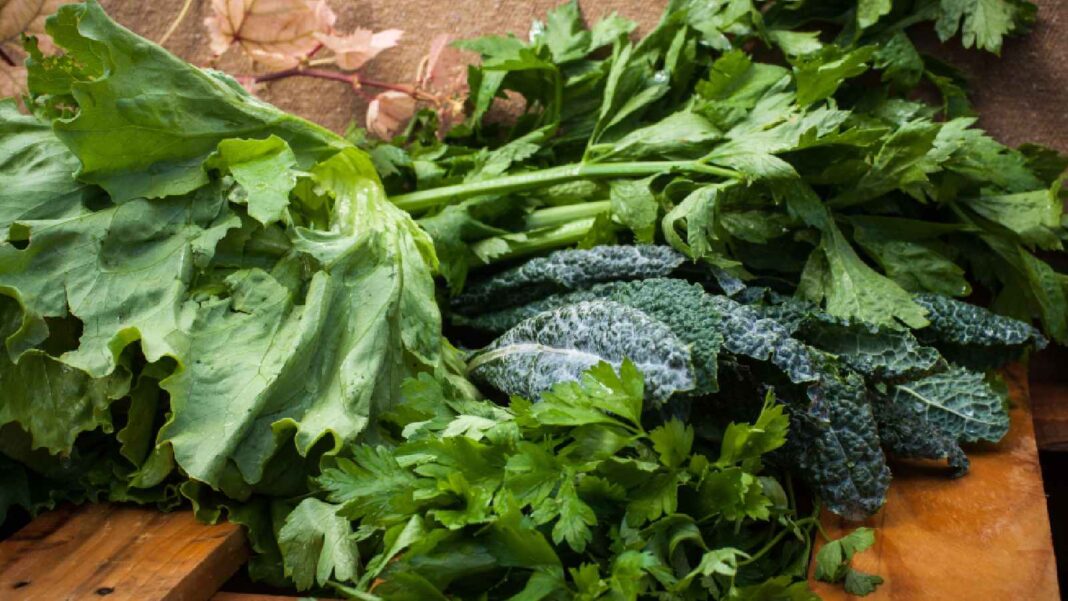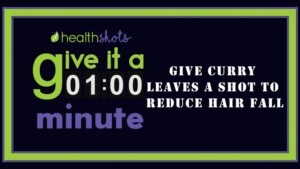Kale is a superfood that you should include in your diet for healthy hair. Kale may promote hair growth, so learn how to use this vegetable.
Kale is a popular leafy green vegetable that belongs to the Brassicaceae family, which includes broccoli, cabbage, and Brussels sprouts. Even though it has a slightly bitter taste, people love to eat it raw in salads or add to their smoothies and soups. It is widely consumed, as it is rich in nutrients like protein, and vitamins A, C, and K. Thanks to its nutritional value, kale may help in supporting immunity, eye health, and more. It may also be a solution for people with hair loss problems. Wondering what makes kale good for hair growth? Read on!
How does kale with hair growth?
Kale is one of the best foods to boost hair growth, thanks to its rich nutritional profile. About a hundred grams of kale consists of 89.6 grams of water, 2.92 grams of protein, 4.1 grams of fiber, 1.6 mg of iron, 93.4 mg of vitamin C, 241 microgram of vitamin A, and 390 micrograms of vitamin K, as per the U.S. Department of Agriculture.

Here’s how this green vegetable can help with hair growth:
- “It contains a good amount of vitamins A and C, which are needed for sebum production, a natural oil that helps in moisturising the scalp and promoting healthy hair,” says cosmetologist and skin expert Dr Jatin Mittal.
- Vitamin A can also aid in cell regeneration, which can strengthen hair follicles.
- A link was found between iron deficiency and hair loss during a 2021 research published in the Anaesthesia journal. Turns out, kale is a good source of iron, which is crucial for healthy circulation and oxygen delivery to hair follicles.
- Kale also has protein, which is essential for strong hair. The hair shaft is mostly composed of keratin, a protein important for the production of healthy hair, as per a 2021 research published in the International Journal of Trichology.
- The dark green vegetable also provides omega-3 fatty acids, which can nourish the hair and reduce dryness, preventing breakage.
- Kale’s antioxidants, such as beta-carotene and vitamin E, can protect hair cells from damage caused by free radicals.
- Kale consists a lot of water ,and also omega-3 fatty acids and vitamin E that can help to moisturise and condition the scalp and hair. This can reduce dryness and flakiness, which can prevent dandruff, a common condition that may indirectly contribute to hair loss.
- Vitamin K content in kale can help in making hair strands strong by promoting blood circulation in the scalp, which can lead to less brittle hair.
How to use kale for hair growth?
Here’s how to use kale according to your hair type:
1. Oily hair
If you have oily hair, blend kale with lemon juice and apply it as a scalp mask. “The astringent properties help balance oil production while nourishing the scalp,” says Dr Mittal.
2. Dry hair
Create a hydrating mask by mixing kale, which is full of water, with coconut oil or avocado. Apply to your hair and scalp, leave for 20 minutes then rinse off to restore moisture.
3. Curly hair
Women with curly hair tend to struggle with frizzy tresses. “Combine kale with aloe vera gel to moisturise your hair and reduce frizz,” suggests the expert. Apply evenly, leave for 30 minutes then rinse off properly.

4. Normal hair
Use kale juice as a hair rinse after cleaning your scalp and hair with a mild shampoo. This will help to enhance shine and promote growth without weighing your hair down.
Eating kale can also support hair growth. It’s rich in vitamins A, C, and K, as well as iron, all of which are essential for healthy hair. “These nutrients can improve blood circulation to the scalp, strengthen hair follicles, and help with the production of natural oils. Regularly consuming kale can help maintain strong, shiny hair and reduce hair loss,” says the expert.
What are the side effects of kale?
Kale is generally good for hair health, but excessive consumption can have side effects:
- Kale contains goitrogens, which can interfere with thyroid function, especially in people with thyroid disorders.
- Fiber content in kale may cause bloating, gas, or digestive discomfort if consumed in large quantities.
- This vegetable is high in oxalates, which can lead to kidney stone formation in some people.
Eat only one to two servings of this dark green vegetable per day to avoid these potential issues. Also, use the beauty treatments with kale only once or twice a week.
Incorporating kale into your diet and beauty routine can ensure that your hair gets the necessary nutrients to stay strong, and grow efficiently.









